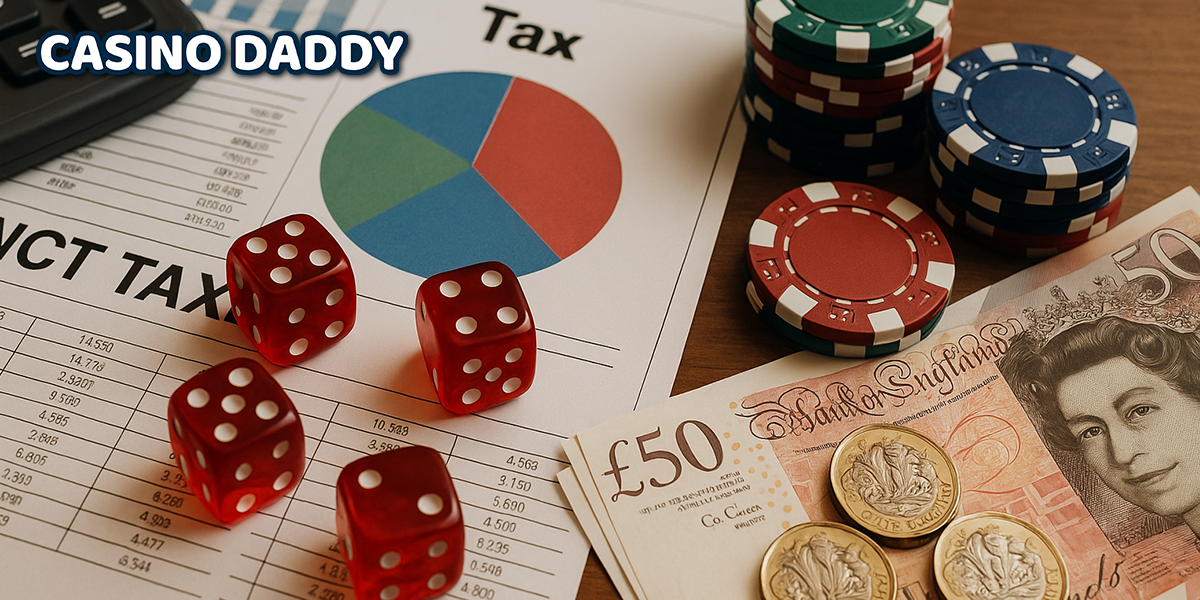The UK government is exploring new ways to raise revenue without touching VAT or income tax. One target now under consideration is the gambling industry. Reports suggest that Chancellor Rachel Reeves is reviewing betting taxes as a potential solution to fill a £30 billion budget gap.
This approach is part of a broader effort to meet fiscal goals without breaking key election pledges. Instead of raising headline taxes, the Treasury is focusing on sectors viewed as more politically acceptable. Gambling fits that profile, given its history of regulatory attention and perceived profitability.
A Renewed Focus on Betting Duties
The idea of increasing gambling taxes isn’t new, but pressure is rising. A consultation launched in April reviewed whether to simplify the current duty system. Betting in the UK is taxed in several ways: general betting, remote betting, and pool betting duties.
Some experts suggest combining or raising these taxes could produce a modest boost in revenue. Rates now range between 15% and 21%. A unified rate closer to the upper range could deliver politically low-risk income.
Policy groups have even proposed linking tax rates to product risk. For example, high-risk online betting could face much higher duties. One proposal from the Institute for Public Policy Research recommended a 50% rate for risky gambling products.
Industry Pushback and Economic Concerns
The industry has pushed back. The Betting and Gaming Council (BGC) warns higher taxes could hurt sectors dependent on gambling, such as horse racing. The British Horseracing Authority fears that unified duties would reduce betting revenue that supports their sport.
The “Axe the Tax” campaign was launched to highlight these risks. It argues that new tax changes could destabilize existing financial structures. There’s concern that players might move to unlicensed offshore operators if taxes rise too steeply.
The gambling industry is already navigating sweeping regulatory changes after last year’s white paper. Tax reform would add another layer of pressure. Operators worry that fiscal policy may not align with the government’s existing player protection goals.
What Comes Next for UK Gambling?
No decisions have been finalized yet. However, as budget planning continues, gambling remains under the Treasury’s microscope. The government needs new funding sources—and gambling revenue offers a tempting target.
Whether through a single duty rate or a tiered risk-based model, change is likely. The coming months may reshape the gambling sector not just in regulation, but in taxation too. For operators, the stakes are rising on every front.



The Author



The Author
Site Admin














